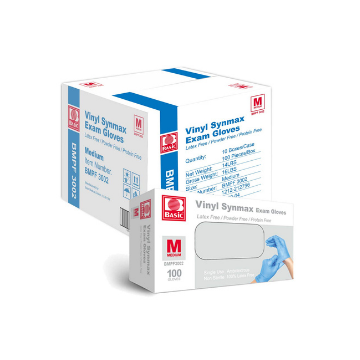Understanding Incontinence Needs for Seniors in Nursing Homes
Incontinence, while a common issue among the elderly, remains a topic many shy away from. But in the realm of nursing homes and long-term care facilities, understanding and addressing incontinence is crucial for the well-being and dignity of residents.
What is Incontinence?
Incontinence refers to the involuntary loss of urine or feces. As people age, many factors like weakened pelvic muscles, prostate issues in men, or certain medications can contribute to incontinence.
Why is it a Concern in Nursing Homes?
For seniors in nursing homes, managing incontinence is about more than just hygiene. It's about dignity, comfort, and preventing health complications such as skin irritations or urinary tract infections. Proper care can also reduce feelings of embarrassment or depression related to incontinence.
Essential Supplies for Managing Incontinence:
- Absorbent Pads and Underwear: These are designed to absorb moisture and prevent skin irritation. They come in varying absorbencies to cater to individual needs.
- Barrier Creams: These protect the skin from the acidic nature of urine, reducing the risk of skin breakdown or rashes.
- Bed Protectors: These are absorbent pads placed on beds to protect bedding and mattresses.
- Disposable Wipes: Gentle on the skin, these wipes are essential for quick clean-ups, ensuring the skin remains clean and dry.
The Way Forward:
Open conversations between caregivers, family members, and seniors are vital. Addressing incontinence head-on ensures seniors not only get the physical care they need but also the emotional support. By providing the right products and promoting an understanding environment, nursing homes can elevate the quality of life for their residents grappling with incontinence.







Leave a comment